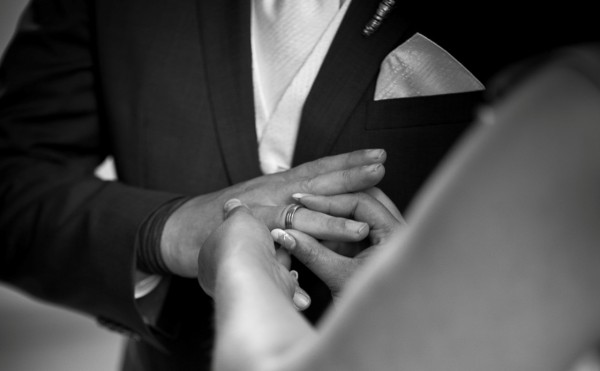Being gay and Asian means hiding a part of yourself from many in your life, and this is especially true in Asian countries compared with those of us who are fortunate enough to live in the United States or Canada. Times have changed, and it’s probably easier now in the United States than it’s ever been before to be both gay and Asian (the way to be a truly bad Asian). But in countries like China, coming out as gay or lesbian can mean estrangement from your family and friends, along with ridicule, and worse.
A new article in the Atlantic discusses a new twist to what Chinese gay men and lesbian women have been doing for years to side step the scrutiny of a gay lifestyle. It’s never been unusual for gay men to marry a straight woman or lesbian women to marry a straight man, who aren’t aware of their partner’s sexual preference, just to keep up the façade of heterosexuality. With the Internet revolution, Chinese gay men and lesbian women are finding it easier to have an alternative marriage, where both partners know the other’s sexual preference. Gay men now seek out lesbian women in what’s now described as xinghun, or “cooperative marriage”, where both parties are aware of the other’s status, and are marrying purely as a cover to hide existing same-sex relationships.
These xinghun relationships may even result in the required children that are expected in mainstream Chinese society. An explanation from the Atlantic on why xinghun has become so popular in China:
Xinghun is seen as a less hurtful and an increasingly popular way of dealing with societal and parental expectations for LGBT people to enter into heterosexual marriages. Chinagayles.com, one of China’s earliest and largest online portals for xinghun match-making, has more than 160,000 registered members and claims to have successfully matched nearly 20,000 couples since its establishment in 2005. As in other social networks, individuals upload personal details like their occupation, monthly income, educational qualification, and hukou status.
The idea of xinghun isn’t that strange for those of us that grew up in the U.S. with immigrant parents. My own parents started asking me why I didn’t have a girlfriend early on, and the pressure to get married really started when I turned 30, with no prospect of a heterosexual relationship in sight. My mother set up many blind dates for me whenever I was in Taiwan, and never understood why none of them worked out. She got so desperate she even tried to convince my aunt that I should have an arranged marriage with my first cousin (something that’s not quite so taboo in Chinese culture the way it is in other cultures).
But I persevered, and even got to marry my man during California’s summer of love, when briefly same-sex marriage was legal. My own mother even attended our wedding reception, made easier for her by the fact we had already had a daughter (the all important grandchild) through surrogacy. I only wish my parents were alive today to see the change in attitudes in the U.S. towards same-sex marriage, and the decision of the U.S. Supreme Court to take up same-sex marriage this term. It may take longer for attitudes in China to change, but at least we hope they will will move in the right direction, and maybe xinghun if more Chinese citizens know about it will help drive that attitude change.
photo credit: Adrian Dreßler via photopin cc









